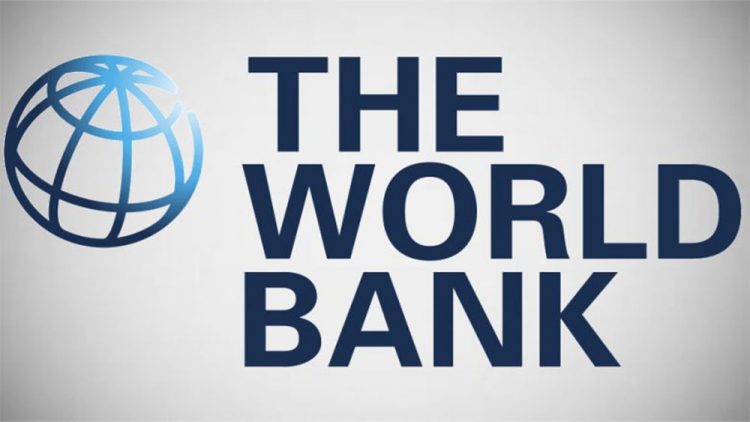Thiruvananthapuram, Jun 25: The World Bank Board of Executive Directors have approved a USD125 million program to support Kerala’s preparedness against natural disasters, climate change impacts, disease outbreaks, and pandemics.
The heavy monsoon in 2018 was the worst Kerala had seen in nearly a century, triggering devastating floods and landslides. It impacted more than 5 million people, mainly in the Pamba River Basin, a release said here on Friday.
The Resilient Kerala Program will focus on two key areas. First, it will incorporate disaster risk planning in the master plans of urban and local self-governments to ease financial constraints on the state government when faced with unexpected shocks. Second, it will help make the health, water resources management, agriculture, and road sectors more resilient to calamities.
The program is part of a programmatic series of Bank-financed operations in the state. The First Resilient Kerala Development Policy Operation (DPO) approved in June 2019 undertook several initiatives.
It helped the state draft a River Basin Conservation and Management Act, which will conserve and regulate water resources and ensure their sustainable management, allocation, and utilization.
It also introduced climate-resilient agriculture, risk-informed land use, and disaster management planning. The program laid the foundations for a 5-year State Partnership Framework.
To deal with future disasters, Kerala has introduced risk-informed urban master planning, multi-year investment budgeting, and emergency management. The program will support these efforts to increase the state’s climate adaptation and mitigation initiatives.
High population density and a large forest cover have increased Kerala’s vulnerability to large-scale disease outbreaks, including COVID-19. The program will establish an IT-enabled One Health platform that will strengthen coordination, joint surveillance, and preparedness to counter future disease outbreaks.












